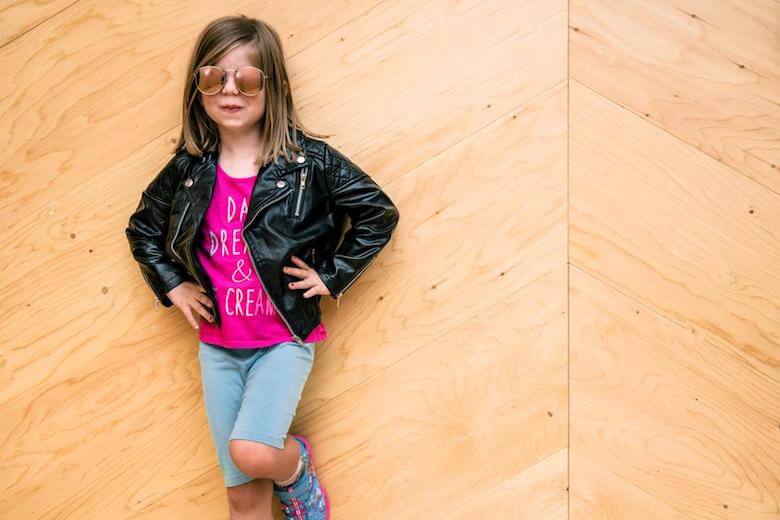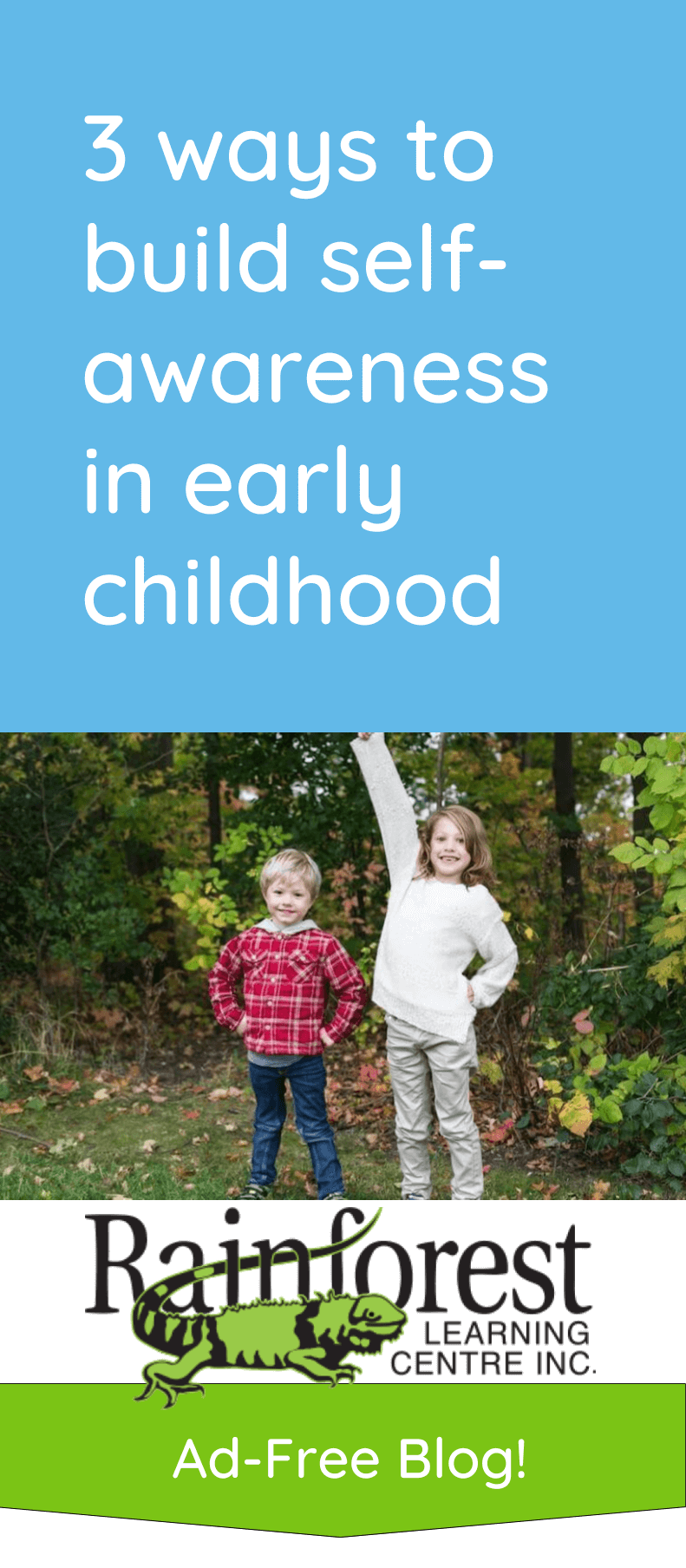
Self-awareness is a key part of social and emotional learning (SEL), which educators are increasingly paying more attention to. SEL is even becoming mandatory in the new B.C. curriculum. This is because engaging in social and emotional learning results in children learning to be responsible, empathetic, and aware of their emotions. And so, self-awareness, being one aspect of SEL, can make a great impact on a young child.
According to the Collaborative for Academic, Social, and Emotional Learning (CASEL), building self-awareness involves factors like identifying emotions, recognizing strengths and limitations, and growing one’s self-confidence. And, in another article on our blog, we write on the theory of multiple intelligences, which also includes inter and intrapersonal skills – hence, self-awareness, along with empathy and the like.
Both educators and parents can build self-awareness in early childhood. Below are 3 ways you can work on these skills in early childhood.
1. Model positive self-awareness towards your young child
This one is almost a no-brainer, but it’s a good place to start. In order for your child to engage in self-awareness in the early years, you must first demonstrate it consistently. For example, by showing your children that when you are faced with a difficult situation, you calmly problem-solve, instead of having a breakdown. They will then have an excellent example to follow.
Especially when your kids are in their early years, it may be a good idea to actually verbally model your thought processes in these situations so they understand exactly what you are thinking. This way, if they are feeling frustrated, you can remind them to think of what you did the day before when you felt the same way. You can even ask them to think out loud like you. This will help them identify, express, and regulate their own emotions.
2. Listen to, and empathize with your little one
As your young child learns to talk about their emotions, it is important you take the time to actively listen to them. This way, you will be able to ask them questions to help guide their thought process. You can also ask them about their realizations regarding their strengths or limitations are in the situation. By empathizing with them, your young one will learn that their feelings are valid. This will encourage them to pay attention to how they are feeling and can thus cause them to be willing to share their feelings with others.
3. Read books to your early learners that relate to social-emotional learning
Reading books that are focused around themes like sharing, cooperation, and being respectful are a great way to introduce your children to self-awareness. As Psychology Today points out, this not only creates teachable moments to discuss these important topics with your young kids. It also allows them to try identifying the emotions that the characters have and the choices they make. Reading and discussing books together will make your early learner self-aware of emotions they might experience, as well as those around them. This will help them learn to empathize with others if they ever find themselves in a similar situation.
Start teaching self-awareness early in childhood
It is never too early to start encouraging your little ones to be self-aware, even if it is only in simple ways. Choosing just one of these tips to try out may benefit your child, and give them a good start with social and emotional learning. What a great skill for early learners to bring to their first day of school or daycare!
To read more related to building your child’s social and emotional skills, check out:
- 3 ways to build confidence in young children
- 3 Key tips to understand and solve temper tantrums in toddlers and young children
- 3 ways early childhood educators can help kids get along and feel included
- The importance of eye contact in young children, and how to teach it as a social skill
- Attachment parenting and daycare: how does it work?
